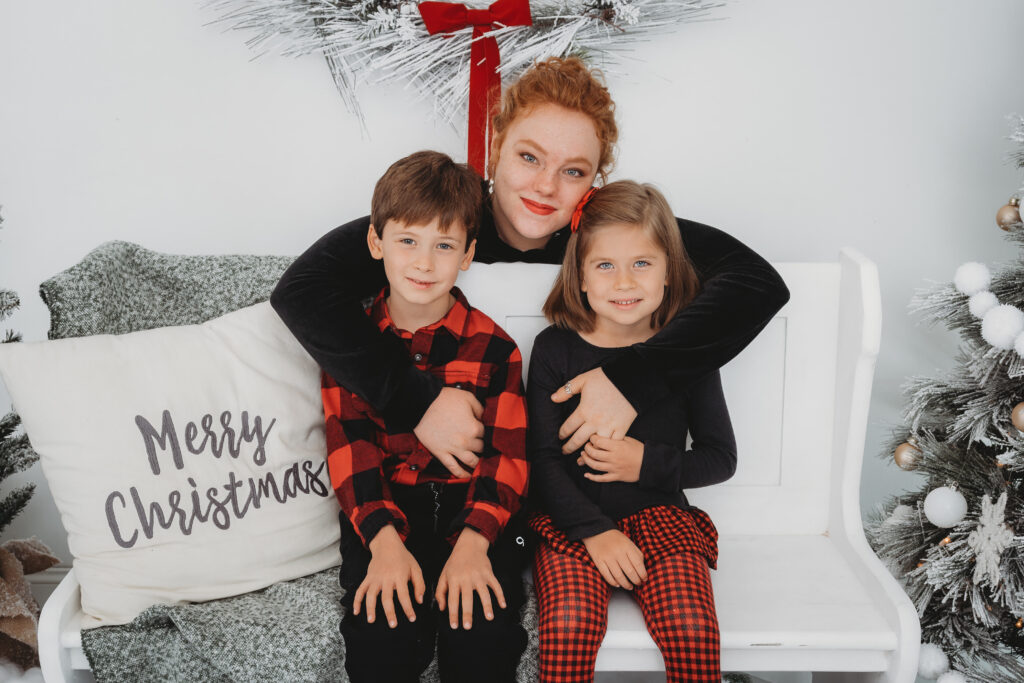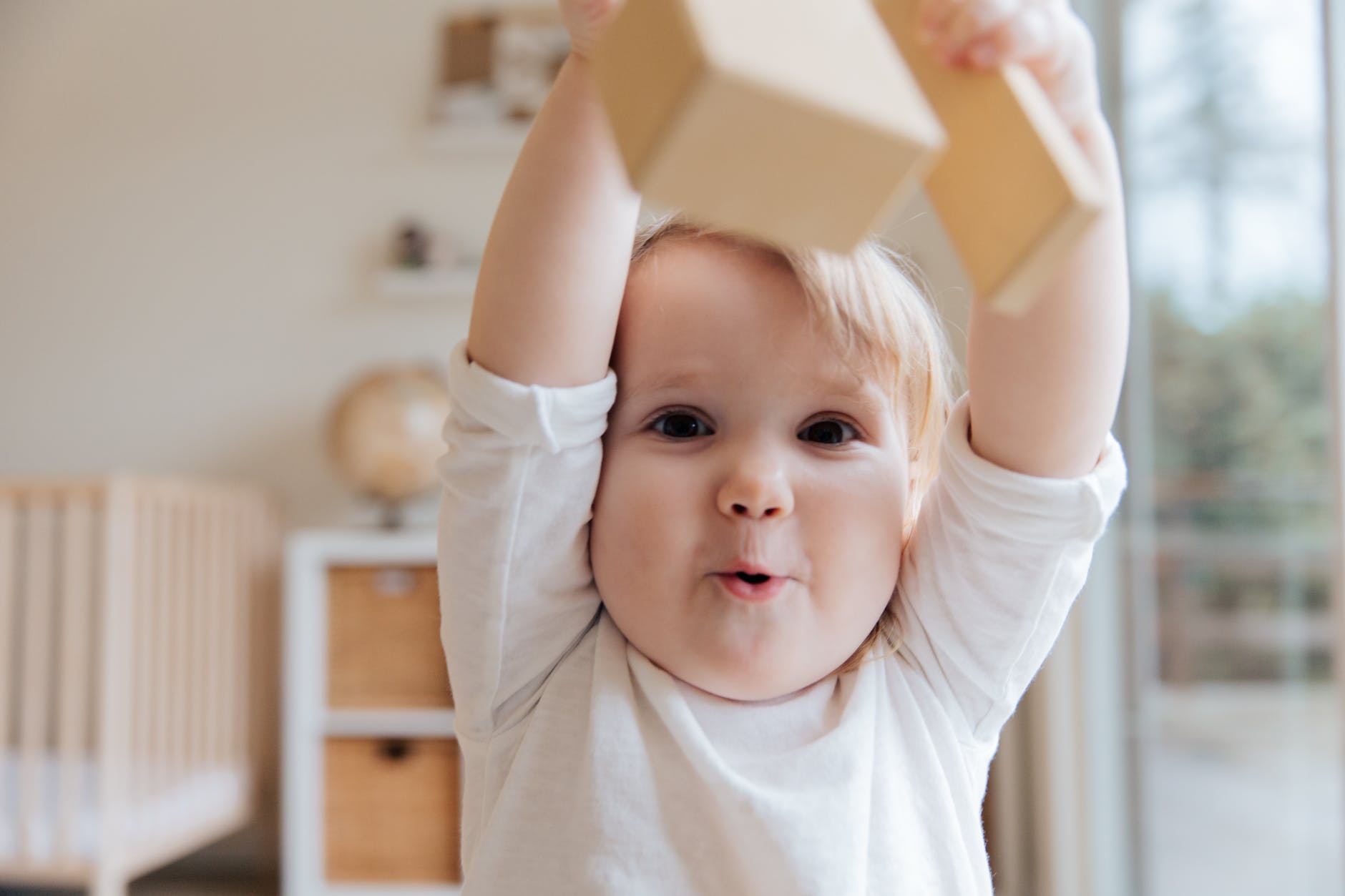
I am blessed to live with two beautiful 6-year-old twins (and no, they aren’t mine). I love watching the way they approach life, the minute-by-minute way they view the world. Watching them is a reminder of the importance of being present, the importance of truly feeling our emotions, how to let those emotions go, and, of course, the power of the mind.
When I watch the twins play, it is fascinating to watch how they feel their emotions. No matter what it is, no matter when, why, or how, they feel it. When they are mad, they are pissed. When they are sad, there are enough tears to fill a swimming pool. When they are happy, there is nothing more beautiful than the light behind their smiles.
Children are a lesson in the importance of emotions.
How emotions can teach us who we are, how they structure our worldview, and how they need to be let out. So often we shove our emotions down, not allowing ourselves to feel the way we feel. But what if we took a lesson from the young ones, and let ourselves feel, fully and completely?
Even more beautiful than their capacity for emotion is their ability to let it go. The tears that filled the swimming pool dissolve instantly when the sun comes back out. Their anger dissipates in a second when someone tells a joke. Unlike us wise adults, they don’t hold on to the past, or identify with their emotions.
Such a revolutionary idea.
We like to call it childish, this ability to move from one emotion to the next so easily. But is it truly childish, or is it a lesson for us all? They don’t bottle their emotions up, stow them away, or save some for later.
No. They tip the milk glass over, let it spill all over the table, and then you know what they do?
They move on.

On to the next emotion, the next moment, the next bit of life. I truly think we have a lot to learn from children. My therapist and I once had a conversation about this.
We talked about how, when infants are learning to walk, they struggle, they strive, and they finally stand up, only to fall on their faces the next second. But instead of feeling like a failure and beating themselves up, they laugh. Unless they somehow hurt themselves, of course.
But most of the time, they laugh. They pick up their beautiful heads, laugh it off, and try again. And again, and again, until one day they take that first step. Then the next one, and the next one.
We don’t call those falls failures; we call it learning. The kiddos don’t call them failures either. They don’t even call them anything at all, they just are what they are. One moment, here and gone.
I think we have a lot to learn from children.
I was snuggling my little sister the other day, and she said, jokingly, ‘Bel (their nickname for me) I broke my stomach!!’ and then proceeded to laugh her beautiful face off because of course, you can’t break something that is squishy.
She didn’t mean that statement to change the world, but it certainly changed my world. It hit me: children are so soft, squishy, flexible, bendable. You would never say a child has burnout or stress. We like to say this is because they have no responsibility, but is that true?
As adults, we are so rigid, structured, firm, calculated. We know our schedules, and our schedule’s schedules, and we know our responsibilities. We know what is expected of us, and we think we know the repercussions if we fall short.
But do you see the problem in that?

We have thought ourselves into a box. A rigid, hard box, with corners and walls. Something hard. Kiddos don’t have those boxes. They don’t have sharp corners, poky edges. They are soft, squishy, round.
You can’t break something that is squishy.
Maybe we, as adults, aren’t squishy enough. Maybe the source of our stress, anxiety, and burnout comes from the fact that we have forgotten our childlike natures. We have forgotten how to be in the moment.
We have forgotten how to feel our emotions fully, and then move on. The concept, ‘it is what it is’, is foreign in our brains, and our brains participate way too much.
What would happen, if, just for today, we acted like children? What if we became childlike in our thinking, in our feeling, in our living? What if we lived for the moment, didn’t create a story or attachment around emotions, and simply let the now be the now?
I think we have a lot to learn from children, don’t you?
How can you embrace your childlike nature today? What happens when you do? We all need a little extra light in our lives. Maybe that light is already inside you; you just need to remember it.


